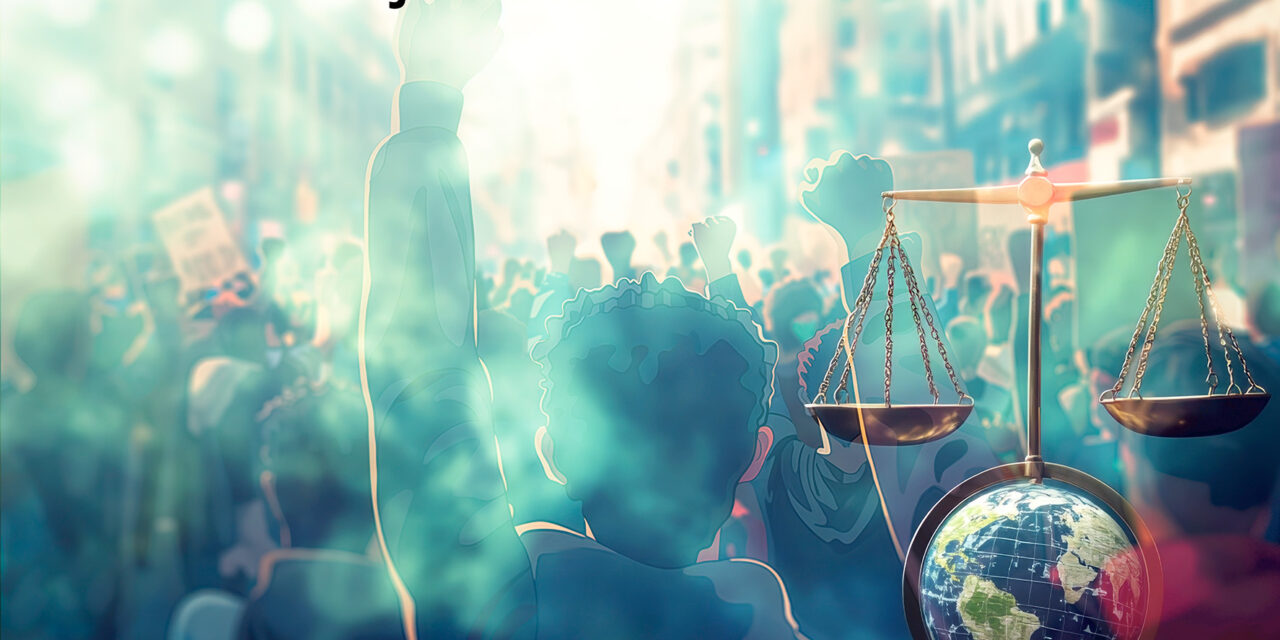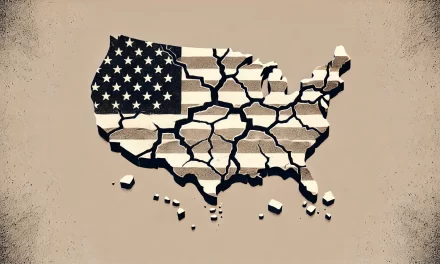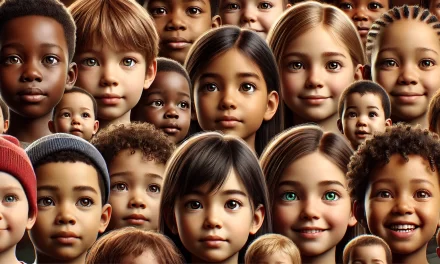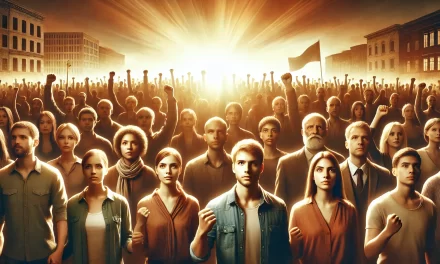For decades, the United States has portrayed itself as a beacon of justice, freedom, and democracy. Yet, beneath this carefully crafted image lies a troubling reality: a nation that has failed to reconcile its own history of systemic oppression, racial injustice, and economic exploitation. Nowhere is this hypocrisy more evident than in the ongoing fight for reparations and justice for African Americans.
The War on Drugs: A War on Black America
One of the most glaring examples of America’s double standard is the War on Drugs. Launched in the 1970s under President Nixon and aggressively expanded in the 1980s under President Reagan, this policy disproportionately targeted Black and brown communities under the guise of public safety. Crack cocaine, which devastated inner-city neighborhoods, was punished with far harsher sentences than powder cocaine, which was more commonly associated with white, affluent users.
The result? Generations of Black men torn from their families, communities stripped of economic potential, and mass incarceration becoming a modern form of slavery. Even as states now profit from legalized marijuana, thousands of Black Americans remain imprisoned for drug-related offenses that are no longer crimes. The message is clear: justice in America is conditional.
The Economic Legacy of Slavery and Jim Crow
Reparations are not just about slavery; they are about the continuous cycle of economic exclusion and racial discrimination that has persisted for centuries. From the broken promise of 40 acres and a mule to redlining, discriminatory lending practices, and wage disparities, Black Americans have been systematically locked out of wealth-building opportunities.
Today, the racial wealth gap remains staggering. White families hold nearly ten times the wealth of Black families, a direct result of government policies that have favored white Americans for generations. The fight for reparations is not about handouts; it is about correcting a deliberate economic imbalance that has hindered Black progress.
America Pays Reparations—Just Not to Black Americans
The idea that reparations are radical or unprecedented is simply false. The U.S. government has a history of compensating those it has wronged:
- Japanese American Internment Survivors: In 1988, the Civil Liberties Act granted $20,000 to each surviving Japanese American who had been forcibly detained in internment camps during World War II.
- Holocaust Survivors: The U.S. has provided financial aid and reparations assistance to Jewish survivors of the Holocaust, even though the atrocities occurred in Europe.
- Native American Tribes: While far from sufficient, Native American tribes have received land settlements and financial compensation for some of the injustices committed against them.
Yet, when it comes to Black Americans, the conversation is met with resistance. The idea that the descendants of enslaved people deserve reparations is dismissed as impractical, despite clear historical precedent.
The Path Forward: Truth, Accountability, and Action
Reparations are not just about financial payments. They must include systemic reforms in education, housing, healthcare, and criminal justice. Truth and reconciliation efforts, similar to those seen in post-apartheid South Africa, are necessary for the country to fully acknowledge and address its past.
Cities like Evanston, Illinois, and states like California are beginning to explore reparations on local levels, but without federal action, these measures remain symbolic rather than transformative. The fight for reparations is about more than money; it is about justice, recognition, and breaking the cycle of systemic racism.
Conclusion: America’s Moral Reckoning
The hypocrisy of America is laid bare in its unwillingness to confront the crimes of its past while championing human rights abroad. True justice requires the nation to face its own sins, to compensate those it has oppressed, and to ensure that future generations do not inherit the legacy of racial inequity.
Reparations are not just a Black issue; they are an American issue. The fight for justice is the fight for America’s soul. Without addressing these historical wrongs, the country will continue to stand on a foundation of hypocrisy, unable to truly claim the ideals of freedom and equality that it so proudly proclaims to the world.






Recent Comments